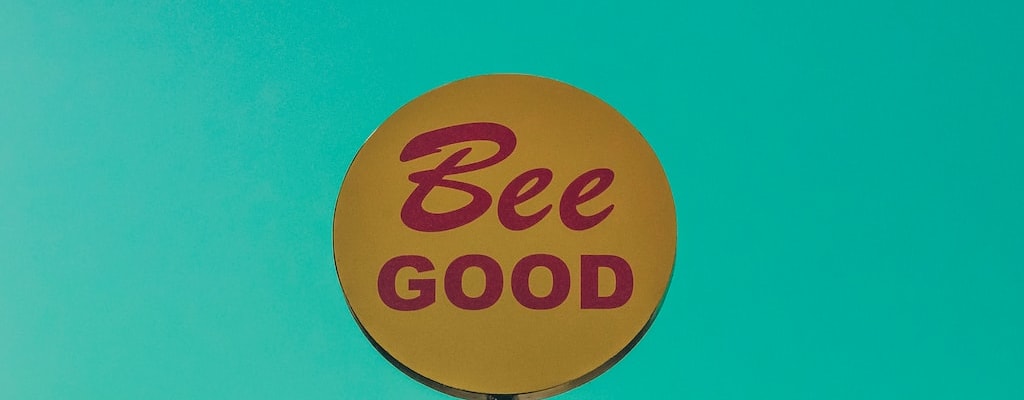have a good one: Idiom Meaning and Origin
What does ‘have a good one’ mean?
The idiom "have a good one" is a casual way of saying "have a good day" or "have a good time." It is often used as a friendly farewell or a way to wish someone well.

Idiom Explorer
The idiom "take one's leave" means to say goodbye or depart from a place or a person.
The idiom "kind regards" is commonly used to express warm or friendly feelings towards someone, typically at the end of a written communication.
The idiom "kindest regards" is a common phrase used to express sincere goodwill or warm wishes when ending a written or spoken communication.
The idiom "keep one's fingers crossed" means to hope for good luck or success. It is often used when someone is wishing for a positive outcome or outcome of an event.
The idiom "it's all good" is used to express that everything is okay or there are no problems. It is often used to reassure others or to indicate that there is no reason to be worried or concerned.
The idiom "how are you" is a common greeting asking about one's well-being or state. It is often used as a polite social interaction and does not typically require an in-depth response.
The idiom "here you go" is used when giving something to someone. It implies a gesture of offering or presenting an item or information to another person.
The idiom "have seen one's day" means that something or someone used to be great or important in the past, but is no longer relevant or valuable in the present.
The idiom "have it your way" means to allow someone to do or have something exactly as they want, without any compromises or objections from others.
Decoding Farewell Wishes
The idiom "have a good one" is a commonly used expression in American English. It is primarily used as a way to bid farewell or to wish someone well. The phrase is believed to have originated in the mid-20th century and has since become ingrained in everyday conversation.
One interesting fact about the idiom "have a good one" is that its meaning is directly related to the phrase "have a good time." When someone says "have a good one," they are essentially wishing the person to have a good time in whatever they do next. It's a way of expressing the hope that the person's upcoming experience will be enjoyable and positive.
This idiom is widely used in informal settings, such as between friends or acquaintances. It is generally considered a casual expression and is less likely to be used in formal or professional contexts. The familiarity and brevity of the phrase contribute to its popularity and ease of use.
Another related idiom is "fare thee well," which is an old-fashioned way of bidding someone farewell. It carries a sense of formality and is often used in more formal or poetic contexts. While "have a good one" is more commonly used in casual conversations, "fare thee well" adds a touch of elegance and charm to the act of saying goodbye.
Similarly, the idiom "take one's leave" is another way of bidding farewell. It implies that the person is intentionally leaving a situation or a gathering. By using this idiom, the person is indicating that they are ready to depart and their departure should be acknowledged and accepted. In this context, "have a good one" can be seen as a more relaxed and informal version of "take one's leave."
On the other hand, the idiom "have a ball" is used to express the hope that the person will have a great time or enjoy themselves immensely. It is often used in a playful or enthusiastic manner, to convey the speaker's excitement for the person's upcoming experience. While "have a good one" and "have a ball" share the same underlying sentiment of wishing someone well, "have a ball" adds a sense of anticipation and fun.
While "have a good one" is a versatile idiom, its meaning is quite straightforward. It is a friendly and well-intentioned way of wishing someone a positive experience or outcome, without specifying the exact nature of that experience. By using this idiom, speakers convey a sense of goodwill and positivity.
It is interesting to note that the idiom "have a good one" is not unique to American English. Similar expressions exist in other languages and cultures, emphasizing the universal desire to wish others well. This suggests that the sentiment behind the phrase is a common human trait.
The idiom "have a good one" is a versatile and widely used expression in American English. Its primary function is to bid farewell and wish someone well without specifying the exact nature of the wished-for experience. This idiom reflects a universal human desire to convey goodwill and positivity in everyday interactions. Despite its simplicity, the phrase carries a sense of warmth and genuine concern. So the next time you bid someone farewell, don't forget to say, "have a good one."
Example usage
Examples of how the idiom "have a good one" can be used in a sentence:
- "See you later, have a good one!"
- "I'm off to the store, have a good one while I'm gone."
- "Have a good one, enjoy your weekend!"
More "Farewell" idioms



